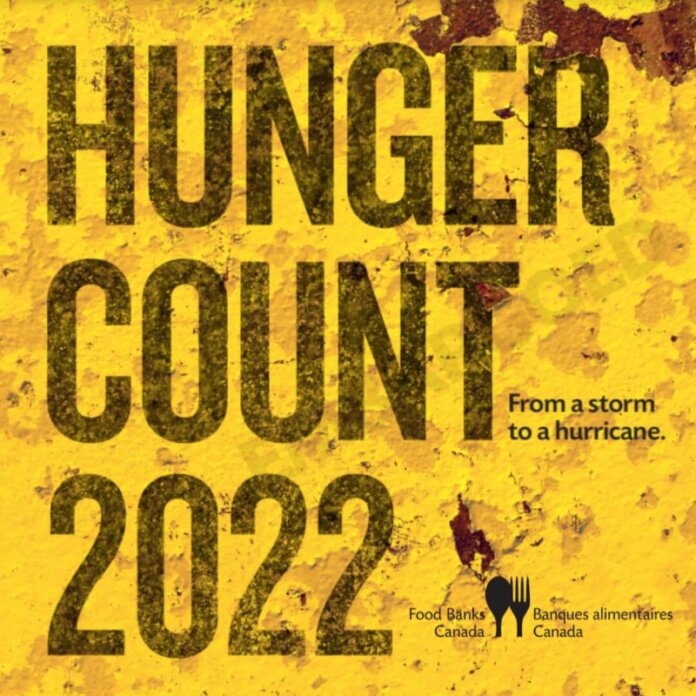FALL RIVER: As the number of people visiting food banks rises, Nova Scotians are recognizing that charity isn’t the long-term fix.
“Nova Scotians need more income to meet their basic needs,” says Nick Jennery, executive director of Feed Nova Scotia. “And that’s going to only come from policy-based, government intervention.”
Food Banks Canada’s HungerCount, a national report on food bank use released today, shows a 14 per cent increase in the number of visits to food banks in Nova Scotia in March 2022 compared to March 2021.
When food bank clients were asked the reason for accessing support, 30% identified the cost of food. Only 14% identified the cost of food as their primary reason in 2021.
“This isn’t surprising at all,” says Jennery. “Multiple factors are pushing more people into crisis—the lack of affordable housing, the cost of food, increased inflation, and now the impacts of Hurricane Fiona.”
Feed Nova Scotia has been advocating for long-term change that tackles the root causes of food insecurity, and recently conducted a public opinion survey that found significant support for this.
In that survey, 88% of respondents agreed food insecurity is an issue related to income. 82% agreed government income support should be increased and 90% said the current minimum wage is inadequate.
“People need more money in their pockets,” says Jennery. “No one should have to rely on charity to meet their basic needs.”
Feed Nova Scotia is calling on government to make permanent policy changes to address food insecurity, that include increased income support, more investment in affordable housing, and reduced out-of-pocket expenses on prescription drugs.































